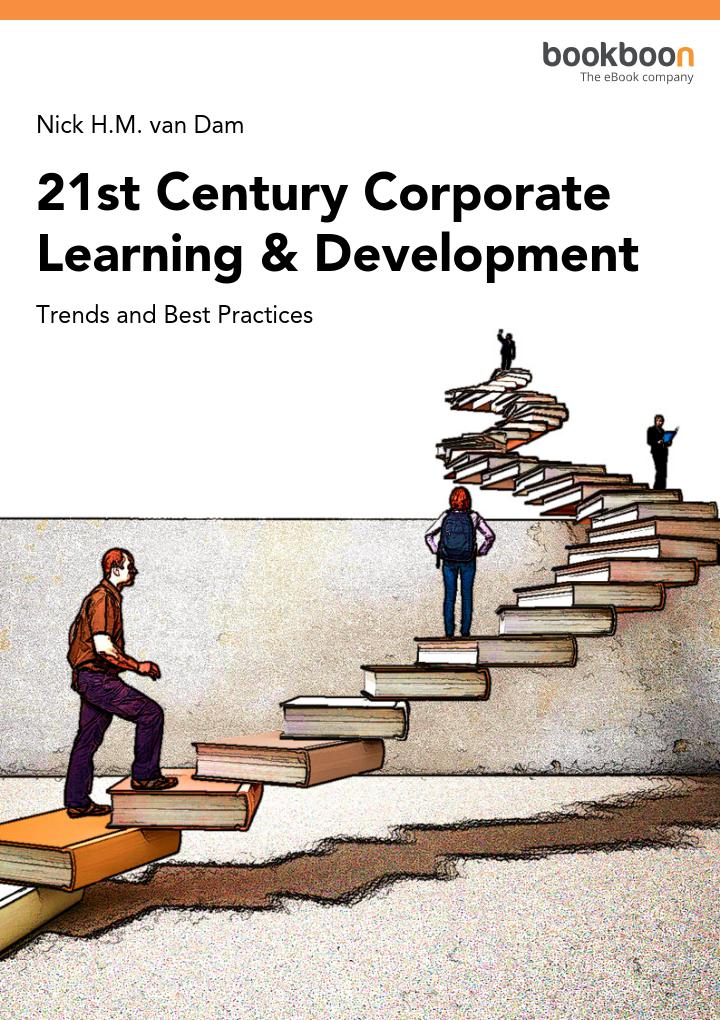The 5 most important soft skills according to science

Much has been written about the importance of soft skills in general, yet not many studies focus on which specific soft skills have the biggest impact on business success.
That’s why Child Trends commissioned research in 2015 to find out what skills in particular would foster the highest level workforce success for those aged 15-29.*
The methodology
The authors reviewed over 380 scientific studies that examine the correlation between soft skills and workplace effectiveness. Additionally, they interviewed stakeholders, researchers, youth workforce program implementers, employers and young professionals to come to a general consensus about the top soft skills.
The results
The research identified the following five soft skills as the most essential:
Social skills
This set of skills is important in almost any workplace situation and covers the ability to work with others in a respectful manner, employ context-appropriate behaviour and resolve conflicts. It is perhaps the number one type of (soft) skills at work.
Communication skills
Communication works on different levels and includes oral, verbal, non-verbal and listening skills. Strong communication skills also support other soft skills such as social skills. They are one of the top types of skills employers look for in employees.
Higher-order thinking
This type includes problem solving, critical thinking and decision making. Especially for more senior positions, higher-order thinking allows employees to manage their work and that of others in the most effective and efficient way.
Self-control
This is one type of soft skill that perhaps wouldn’t immediately spring to mind. It refers to the ability to delay gratification, control impulses, direct and focus attention, manage emotions, and regulate behaviours. Being skilled in self-control allows employees to make better decision, resolve conflicts more quickly and communicate effectively. According to the study it is one of the soft skills that is most backed up by science to have an impact on workplace success.
A positive self-concept
Self-confidence, self-efficacy, self-awareness, self-esteem and a sense of well-being and pride all fall under this category. This is probably one of the types of skills that employers focus on the least but according to numerous studies, it does have a very significant impact on workplace success.
Conclusion
Does your organisation support the development of the above skill sets through training and other development opportunities? If not, your business is seriously missing out in terms of productivity, efficiency and other performance improvements according to science.
Thomas Buus Madsen is the COO and co-founder of Bookboon, the world’s largest e-book publisher for employee effectiveness and soft skills. By making its platform incredibly easy to use and only publishing industry-leading experts, Bookboon boasts some of the highest usage rates in the digital learning sector.




